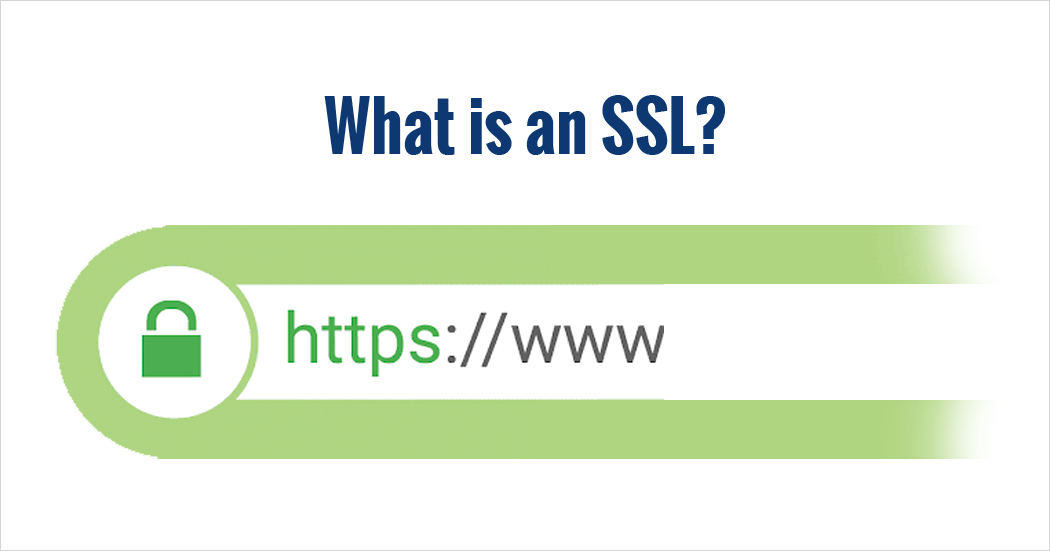
In the digital age, online security is more critical than ever. Among the many tools designed to safeguard data and establish trust, SSL certificates stand out as an essential component. But what exactly are SSL certificates, and why do they matter? This article dives deep into SSL certificates, their functionality, benefits, types, and how to choose the right one for your needs.
What Is an SSL Certificate?
An SSL certificate (Secure Sockets Layer certificate) is a digital certificate that authenticates a website’s identity and enables encrypted connections. Essentially, it ensures that data transmitted between the user’s browser and the web server is secure, protecting it from eavesdroppers and hackers.
Websites with SSL certificates display a padlock icon in the browser’s address bar, and their URLs begin with “https://” rather than “http://.” This visual cue helps users identify secure websites and builds trust.
How SSL Certificates Work
SSL certificates rely on public-key cryptography. Here’s how they function:
- Handshake Process: When a user visits a website with an SSL certificate, their browser initiates a secure connection by requesting the server’s certificate.
- Certificate Verification: The browser checks the validity of the SSL certificate against trusted Certificate Authorities (CAs).
- Encryption: Once verified, the browser and server agree on an encryption method, ensuring data transmitted between them is secure.
- Secure Communication: The connection is established, and sensitive data, such as login credentials or payment information, is encrypted.
Why Are SSL Certificates Important?
SSL certificates play a vital role in online security and trust. Here are the primary reasons they’re indispensable:
1. Data Protection
SSL certificates encrypt sensitive information, such as credit card details, passwords, and personal data. This encryption ensures that even if data is intercepted, it remains unreadable to unauthorized parties.
2. Authentication
SSL certificates confirm a website’s identity. This verification helps users avoid phishing scams and malicious websites, providing assurance that they’re interacting with legitimate platforms.
3. SEO Benefits
Search engines like Google prioritize websites with SSL certificates, as they value user security. Having an SSL certificate can improve your website’s search engine rankings.
4. Building Trust
Websites with SSL certificates display a padlock icon, signaling security to users. This visual cue encourages visitors to trust your site, increasing the likelihood of conversions.
5. Compliance
Many regulations, such as GDPR, PCI DSS, and HIPAA, require websites to implement SSL certificates to protect user data and maintain compliance.
Types of SSL Certificates
Choosing the right SSL certificate depends on your website’s needs. Here are the main types:
1. Domain Validation (DV) SSL Certificates
- Purpose: Basic level of security, suitable for personal websites or blogs.
- Validation Process: Confirms domain ownership.
- Cost: Generally affordable.
2. Organization Validation (OV) SSL Certificates
- Purpose: Provides a higher level of security for business websites.
- Validation Process: Verifies the organization’s identity and domain ownership.
- Cost: Moderately priced.
3. Extended Validation (EV) SSL Certificates
- Purpose: Highest level of security and trust, ideal for e-commerce and financial institutions.
- Validation Process: Extensive vetting of the organization’s credentials.
- Cost: More expensive but worth it for high-stakes environments.
4. Wildcard SSL Certificates
- Purpose: Secures a primary domain and its subdomains (e.g., example.com, blog.example.com).
- Cost: Cost-effective for websites with multiple subdomains.
5. Multi-Domain SSL Certificates
- Purpose: Secures multiple domains with a single certificate.
- Cost: Economical for managing various websites.
6. Self-Signed SSL Certificates
- Purpose: Used for internal purposes, not recommended for public websites.
- Cost: Free, but lacks trustworthiness as they’re not issued by a CA.
How to Obtain an SSL Certificate
Securing your website with an SSL certificate involves several steps:
- Determine Your Needs: Assess the type of SSL certificate suitable for your website.
- Choose a Certificate Authority (CA): Select a trusted CA like DigiCert, Let’s Encrypt, or GlobalSign.
- Generate a CSR: Create a Certificate Signing Request (CSR) from your server.
- Submit the CSR to the CA: Provide the necessary information to the CA for validation.
- Install the SSL Certificate: Once approved, install the certificate on your web server.
Many web hosting providers offer SSL certificates as part of their plans, simplifying the process for website owners.
Common Misconceptions About SSL Certificates
1. SSL Certificates Are Only for E-Commerce Sites
While SSL certificates are essential for e-commerce, they benefit all types of websites by protecting user data and building trust.
2. SSL Certificates Make a Website Completely Secure
Although SSL certificates enhance security, they don’t protect against all cyber threats like malware or DDoS attacks. Additional measures are necessary.
3. Free SSL Certificates Are Ineffective
Free SSL certificates from trusted CAs like Let’s Encrypt are valid and secure for many purposes. However, they may lack advanced features and extended validation.
SSL Certificates and SEO
Google has made SSL certificates a ranking factor. Websites without SSL certificates may be flagged as “Not Secure,” deterring visitors and affecting search engine rankings. Investing in an SSL certificate not only protects your users but also boosts your site’s visibility.
Conclusion
SSL certificates are more than just a technical necessity; they’re a cornerstone of online trust and security. By encrypting data, verifying website authenticity, and boosting SEO, SSL certificates provide numerous benefits for website owners and users alike. Whether you’re running a personal blog, a business website, or an e-commerce platform, implementing an SSL certificate is a non-negotiable step in establishing a secure and trustworthy online presence.
If you haven’t already secured your website with an SSL certificate, now is the time to act. Protect your users, enhance your reputation, and stay ahead in the competitive digital landscape.
Write and Win: Participate in Creative writing Contest & International Essay Contest and win fabulous prizes.


